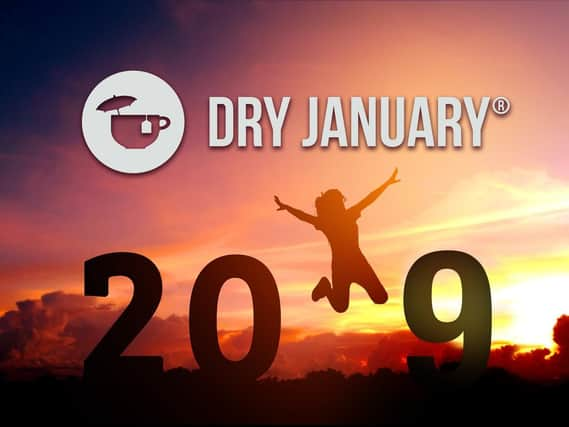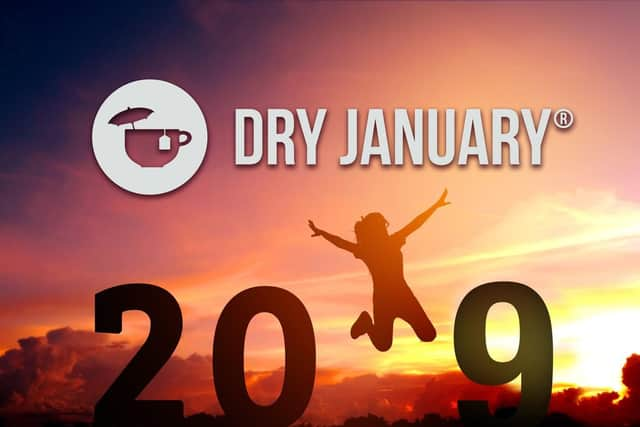Warning to Doncaster drinkers '“ alcohol can result in long term serious mental health issues and relationship problems


During January, Rotherham Doncaster and South Humber NHS Foundation Trust (RDaSH), together with Doncaster and Bassetlaw Teaching Hospitals, Doncaster Clinical Commissioning Group and Doncaster Council are asking local people to sign up for Alcohol Change UK's '˜Dry January' and give their bodies a holiday from alcohol.
Dr Navjot Ahluwalia, RDaSH Executive Medical Director, said: 'While alcohol can have a very temporary positive impact on our mood and can bring people together at this time of year, in the long-term it can result in serious mental health and relationship problems. It can also cause memory problems. Dry January is a good way to reset your relationship with alcohol.'


Advertisement
Hide AdAdvertisement
Hide AdThe NHS recommends that people should not regularly drink more than 14 units of alcohol a week (one unit of alcohol is about half a pint of normal-strength lager; or a single measure of spirit, however a small glass of wine contains about 1.5 units of alcohol).
Dr David Crichton, Chair, Doncaster Clinical Commissioning Group said: 'Dry January is an important campaign that everyone should get behind where they can. We have a number of access points and dedicated services in Doncaster to help people reduce their alcohol intake and ultimately, support those who access mental health services as a result of the effects that alcohol can have on people's emotional health and wellbeing.
'As a GP, I would encourage people to think about their alcohol intake to help make a healthy start to 2019.'
Anurag Agrawal, Consultant Gastroenterologist, Doncaster and Bassetlaw Teaching Hospitals NHS Foundation Trust, said: 'Despite being completely preventable, alcohol-related liver diseases continue to affect increasing numbers of people.
Advertisement
Hide AdAdvertisement
Hide Ad'Over nine million of the UK population drinks at hazardous level with up to 12% of A&E attendances related to alcohol. At any time half of the patients admitted to gastroenterology wards have alcohol related liver injury. Dry January remains an important initiative by helping raise awareness and help prevent the physical and psychological harm caused by alcohol.'
Nigel Ball, Doncaster Council Cabinet Member for Public Health, said: 'Research shows that cutting back on alcohol can help you sleep better, lose weight and save money too. It's a great way to start the New Year and I would encourage local residents to take part.'
To register for Dry January sign up  https://alcoholchange.org.uk/get-involved/campaigns/dry-january/sign-up-for-dry-january
To talk to someone in confidence about drug or alcohol issues, please visit Aspire Drug and Alcohol Service's website www.aspire.community, or ring 01302 730956. Aspire is a partnership organisation set up by RDaSH and registered charity The Alcohol & Drug Service (ADS).